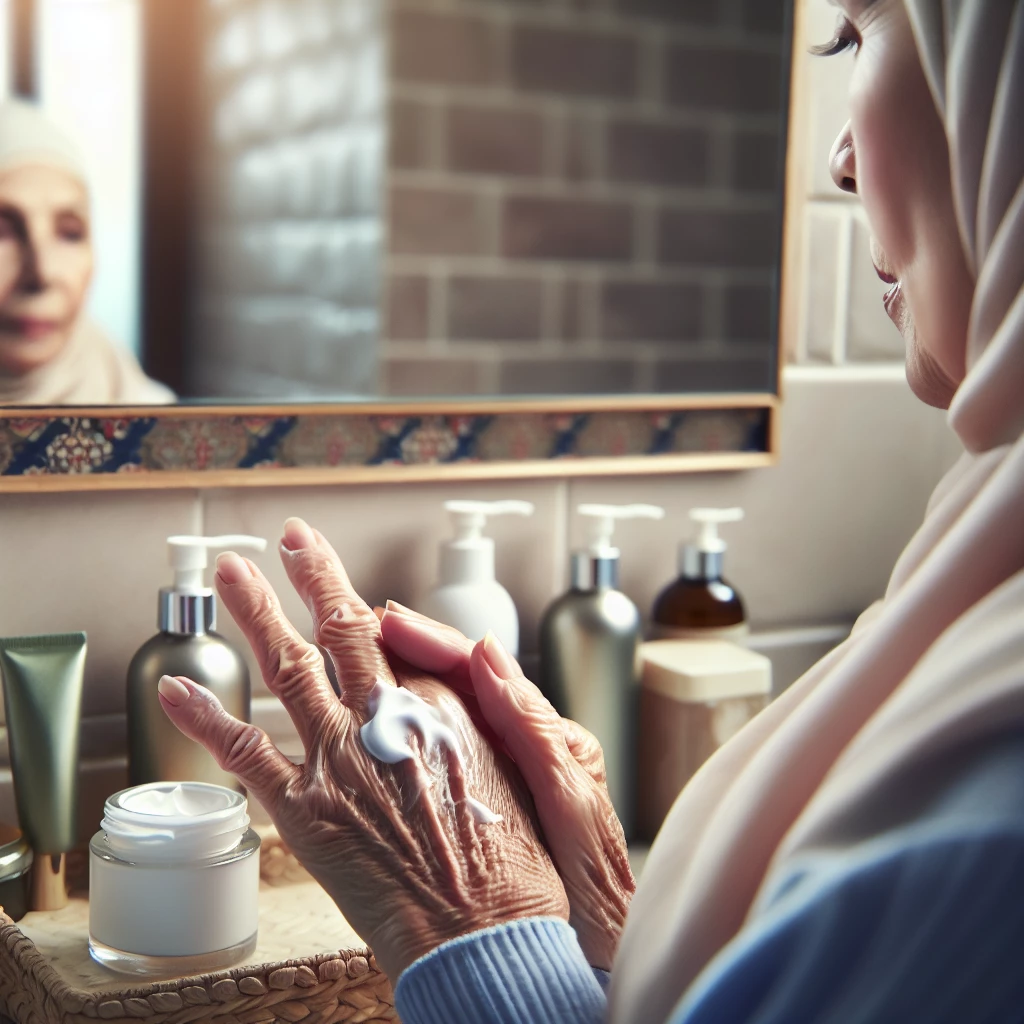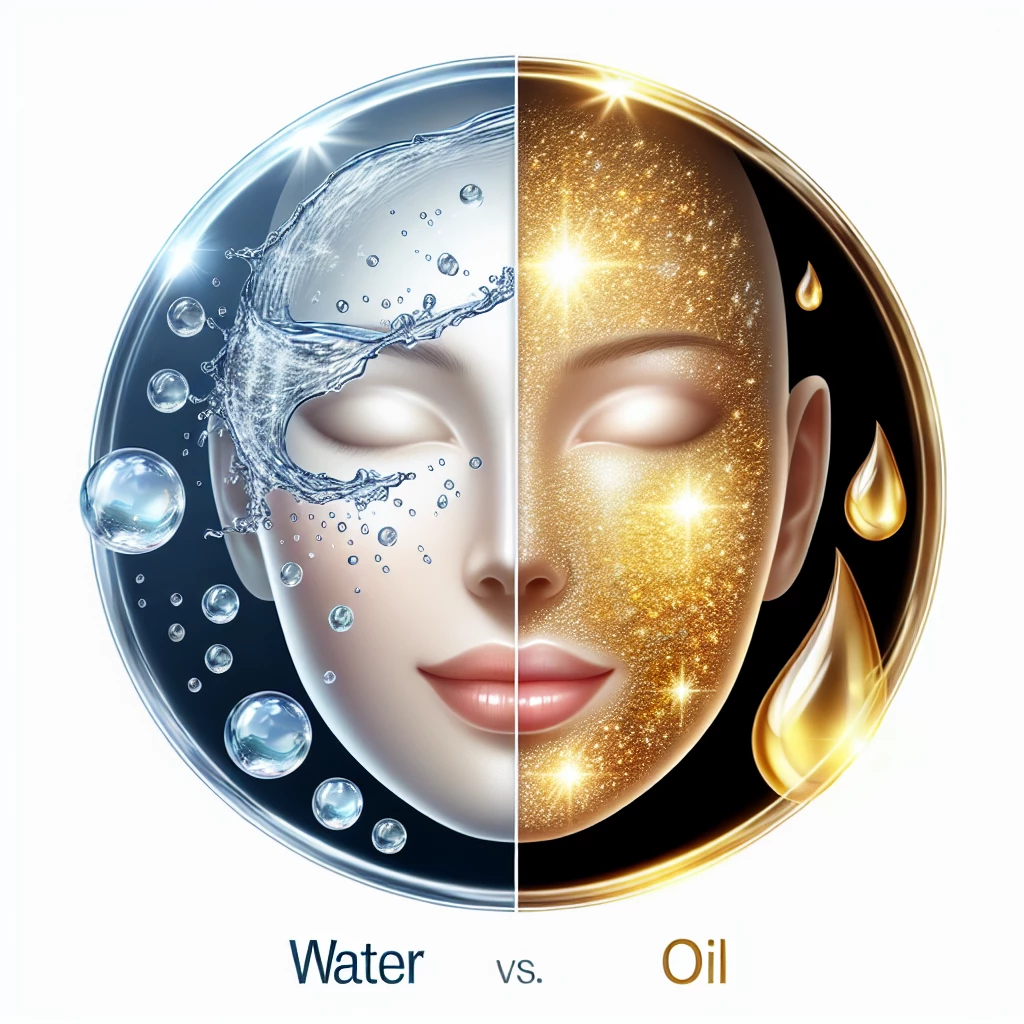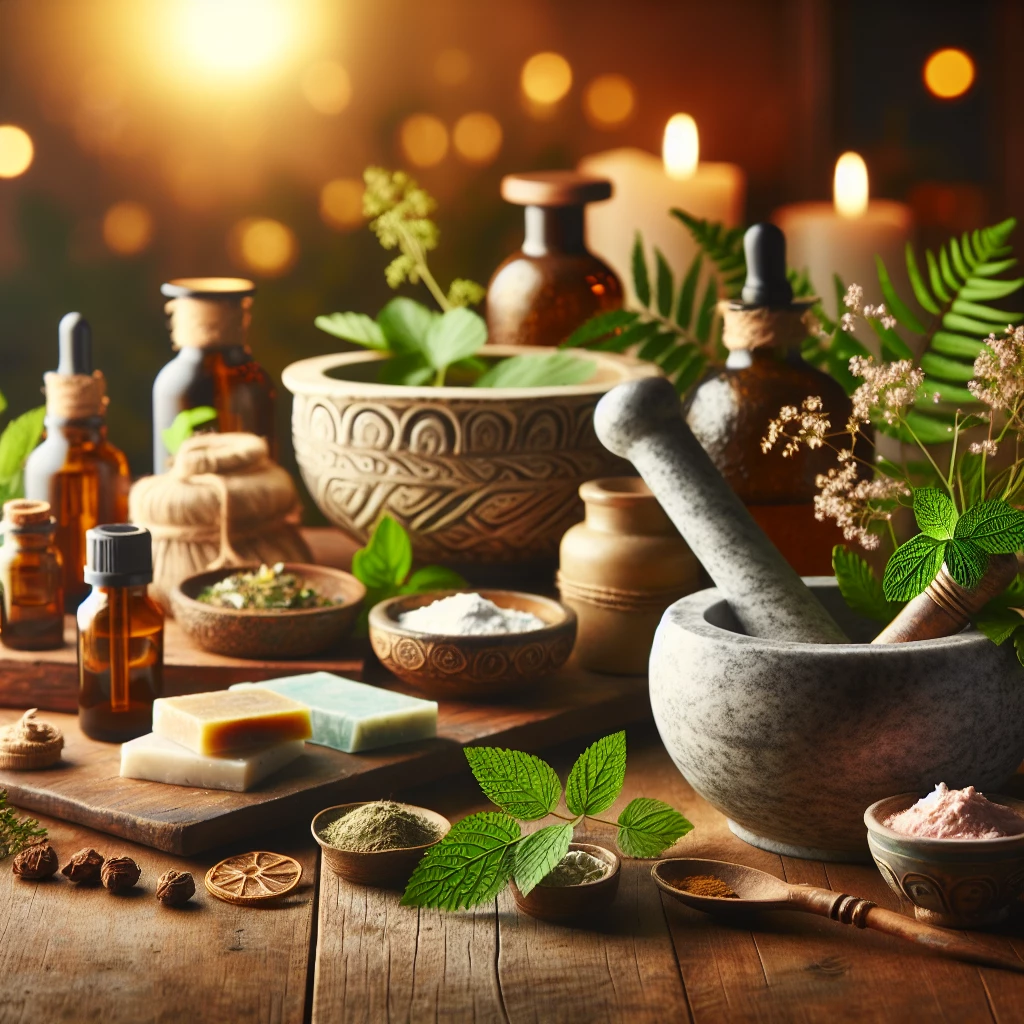In the world of skincare, the quest for more natural and holistic methods has led millions of women to the age-old wisdom of Ayurveda. This Indian system of medicine, dating back over 5000 years, prides itself on a deep understanding of the healing power of plants and herbs. Incorporating an Ayurvedic approach in your skincare regimen can lead to clear, glowing skin and an overall sense of well-being. Let's dive into the holistic world of Ayurveda and unearth its secrets for naturally radiant skin. Here’s our wisdom on Ayurvedic skincare, to help you embrace a regimen that is as natural as you are.
Understanding Ayurveda
Ayurveda is about understanding the individuality of each person. In skincare, this translates to understanding your skin type and designing your regimen accordingly. Ayurveda divides individuals into three categories: Vata, Pitta, and Kapha, each with unique attributes and needs.
Understanding your Dosha, as these categories are called, can help you identify the skincare treatments that would work best for you. For example, those who fall in the Vata category often have dry skin, hence, might need more nourishing and hydrating skincare treatments. Each Dosha has its own set of natural herbs and treatments that work best for them.
In Ayurveda, the focus is not just on treating the symptoms or the problem at hand. It is a holistic approach that aims at the overall well-being of the individual.
Best Ayurvedic herbs for skincare
Ayurvedic skincare is rich in natural herbs and ingredients that not only combat skin issues but also contribute to the overall health of the skin. Herbs like Turmeric, Neem, Sandalwood, and Rosemary have antibacterial and antioxidant properties making them essential for skincare.
Other herbs like Aloe Vera, Ashwagandha, Tulsi, and Saffron have healing and rejuvenating properties that help to prevent premature aging and maintain the skin's natural glow.
It’s important to remember that patience and consistency are key when using these Ayurvedic herbs. They may not give instant results, but their long-term effects can be incredible.
The Ayurvedic skincare routine
An Ayurvedic skincare regimen doesn't consist of a long list of products. Instead, it encourages the use of natural, homemade remedies that can easily be incorporated into your daily routine.
Cleansing, toning, and moisturizing are the three core steps in any skincare regimen, and Ayurveda recommends using herb-infused products or homemade concoctions for each of these steps.
Facial massages also form an essential part of the Ayurvedic skincare routine. Using oils infused with Ayurvedic herbs not only moisturizes the skin but also improves blood circulation and relaxes facial muscles.
Skincare is more than just a superficial beauty ritual, and Ayurveda recognizes this profound truth. Its principles offer a holistic and natural approach to skincare that not only targets visible issues but also enhances overall well-being. Incorporating Ayurveda into your skincare routine might be the best gift you could give your skin. Join us on this journey where the wisdom of the ancients meets modern skincare needs, only at Makeup Queens.

Age Gracefully: Mature Skin Care
Delve into the changes that come with aging skin and the best practices to ensure its health and vitality.

Vitamins for Victory: Skin Nutrients
Discover the key vitamins that contribute to skin health and the best ways to incorporate them into your skincare routine.

Exfoliation 101: Clearing the Surface
Dive into the process of exfoliation, uncovering its benefits and learning how to properly exfoliate for brighter, smoother skin.

Skin Hydration: Water vs. Oil
Get insight into the importance of hydration in skincare routines and understand the difference between water-based and oil-based products.
